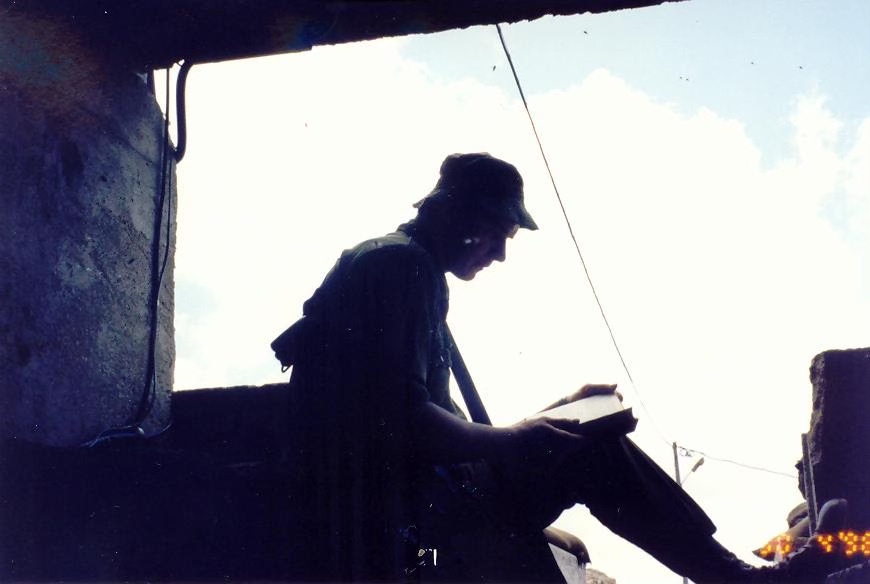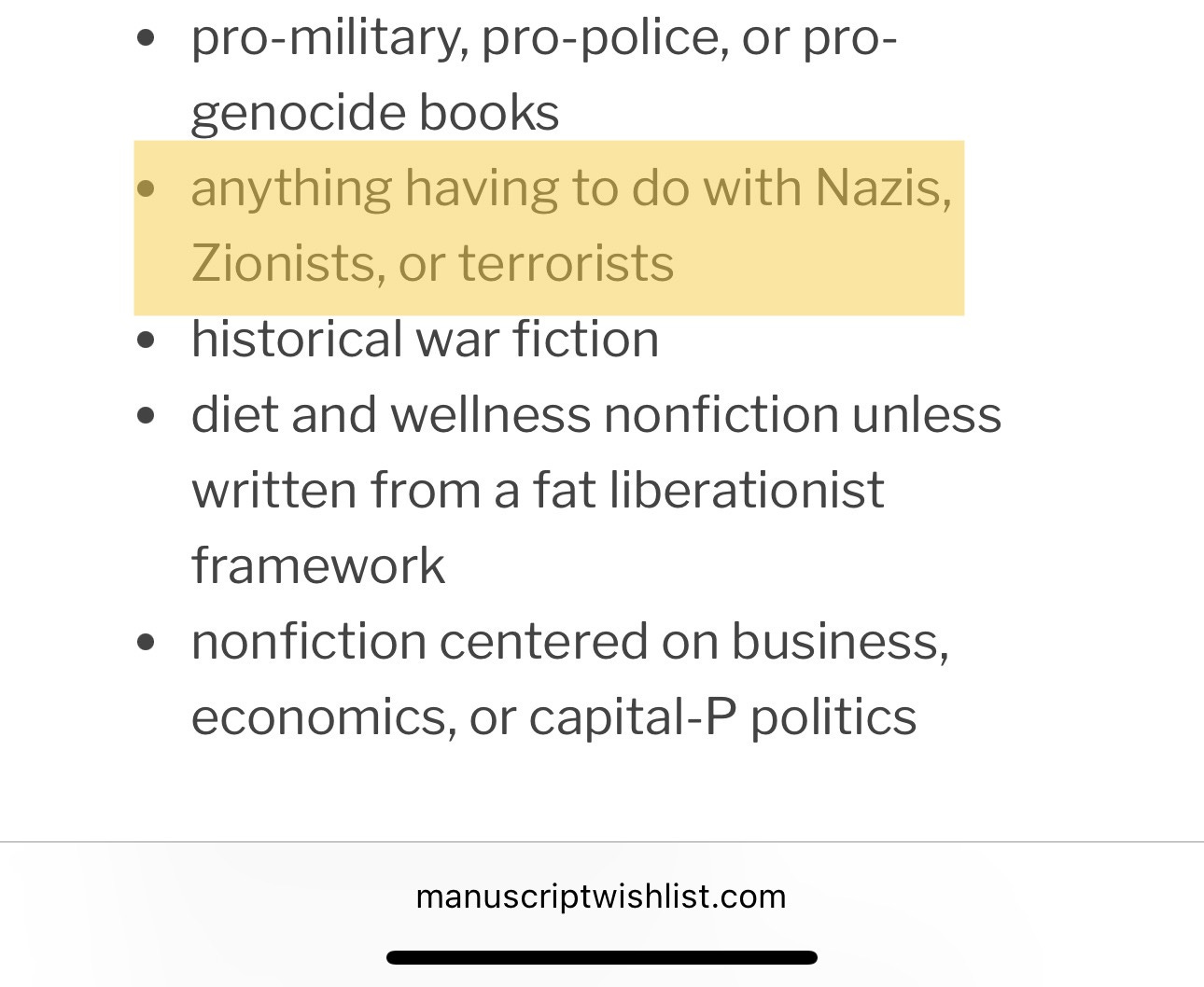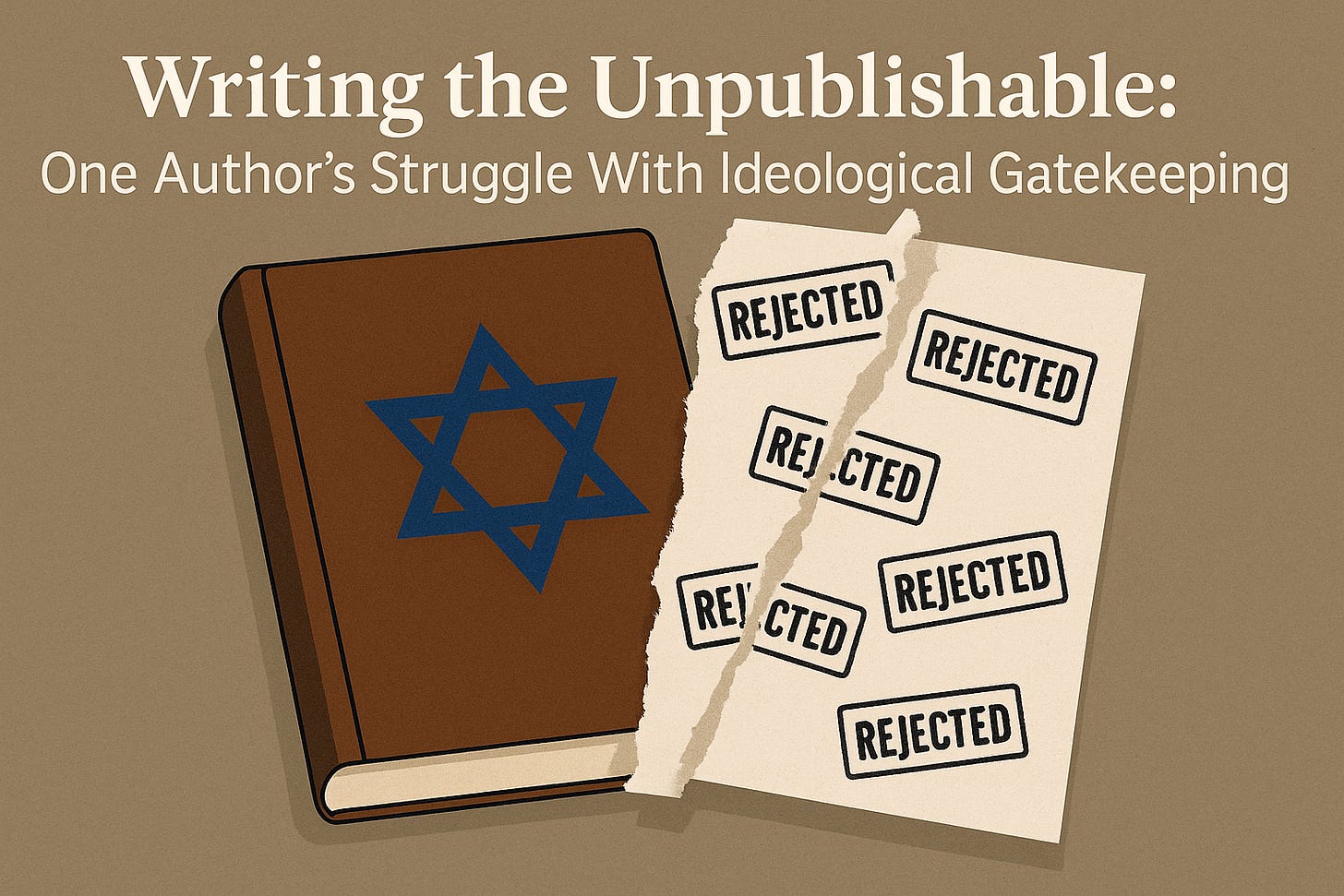Writing the Unpublishable: One Author’s Struggle With Ideological Gatekeeping
Despite overwhelmingly positive reviews from readers, over 150 agents rejected Michael Livschitz’s Israeli army novel — exposing political bias and gatekeeping in publishing
Michael Livschitz, an author and former soldier in the Israel Defense Forces (IDF), has received more than 150 rejections from literary agents across the US and UK for his novel set in the Israeli army. Though praised by readers for its depth and realism, the manuscript remains unpublished, prompting concerns of ideological discrimination within the publishing industry.
A Decade in the Making
In a lengthy post on Substack recounting his experience, Livschitz spent ten years developing his novel, completing it after two years of focused writing. The story follows an 18-year-old recruit in a top IDF unit, exploring the emotional and psychological challenges of military life through themes of identity, honor, and brotherhood.

Widespread Praise, Industry Silence
Feedback from early readers across professions and countries has been overwhelmingly positive. Yet, agents showed no interest, even those who typically represent military or historical fiction. The disconnect led Livschitz to dig deeper into why his manuscript was being uniformly passed over.
Agents’ Stated Biases Raise Questions
Livschitz discovered that several agents at Azantian Literary Agency explicitly reject queries related to Zionism. One agent’s profile states: “Not a good fit for anything having to do with Nazis, Zionists, or terrorists.” Similar language appeared on other agent profiles, citing ideological reasons for refusing certain narratives.

Ethical Concerns and Double Standards
The exclusions, Livschitz argues, may violate the Association of American Literary Agents’ Code of Ethics, which prohibits discrimination. He also refers to the IHRA’s definition of antisemitism, adopted by the U.S. House in 2024, which includes denying Jewish self-determination and applying unfair standards to Israel.
His experience reflects what many Jewish and Israeli writers now describe as a hostile shift in the post-October 7 literary world. According to The Times of Israel, writers are being de-platformed, disinvited from events, and told their voices aren’t marketable. In one example, the editor-in-chief of Guernica resigned after the magazine retracted an essay by a British-Israeli author, triggering accusations that it promoted “Zionist apologia.” Authors have also reported rejection based not on content, but identity.
Seth Mandel, writing in Commentary, called the trend “an insane anti-Jewish literary blacklist,” noting that writers have been labeled “Zionists” simply for expressing sympathy for Israeli victims, going on Birthright, or including Jewish characters. He argues the blacklist isn’t really about Zionism, but about excluding Jews and anyone perceived as sympathetic to them.
Despite the setbacks, Livschitz says he believes in the power of storytelling and the importance of publishing diverse viewpoints — even those that make readers uncomfortable. He hopes that someone in the industry will be willing to engage with his novel on its literary merits.




Apparently there are no Jewish people in positions of authority in the publishing industry. And, sadly, they don’t publish books in Israel. I hadn’t known that.